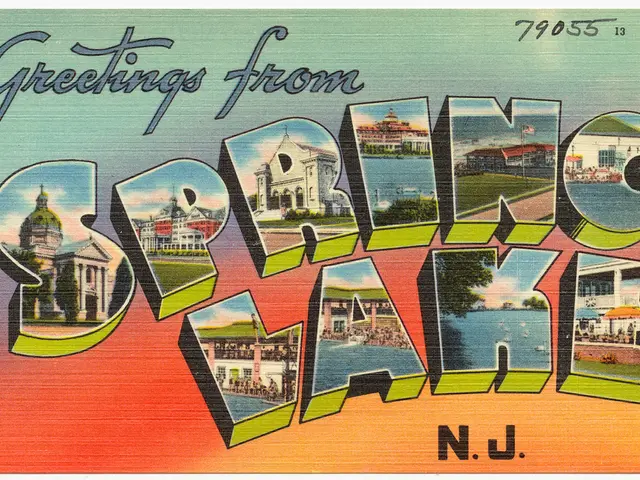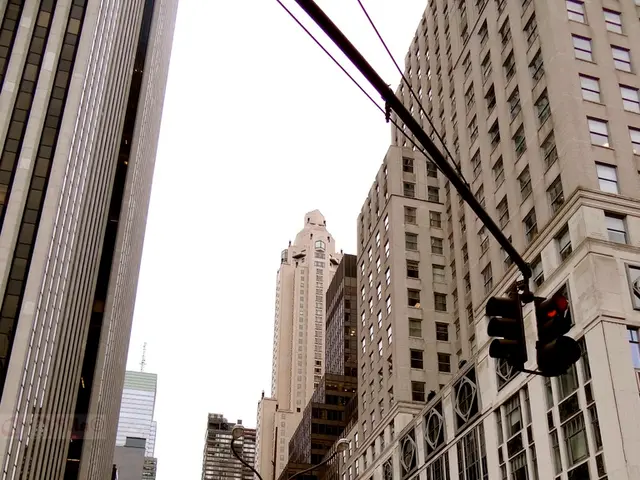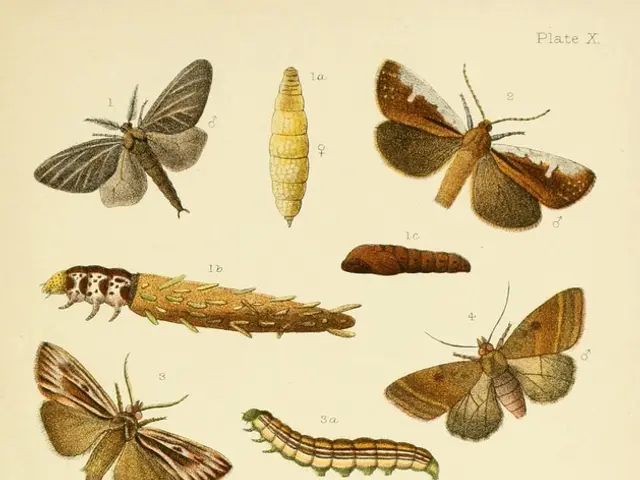Lithuanian dairy company Vilvi broadens its cheese operations into Bauska, Latvia
In the heart of the Baltics, a new cheese factory is taking shape. The Baltic Dairy Board dairy processing plant, owned by the Vilvi Group, is nearing completion in Latvia, marking a significant milestone for the dairy industry in the region.
This isn't the only new cheese factory in the Baltics; Estonia also has a new factory producing cheese for export. However, the Latvian plant, with a planned processing capacity of 500 tonnes of milk per day, is set to make a substantial impact.
The new factory is expected to create more than 100 new jobs, and the search for these new employees is already underway. The company has a policy to compensate employees for transport if they come from further away, ensuring a diverse workforce.
The factory's construction is part of a larger investment that includes modernizing the existing side and increasing production capacity. To reduce energy consumption and environmental impact, a 500 kW solar energy system has been started at the factory, one of the largest in the Bauska region. Solar panels have been installed on the roofs of the buildings and next to the waste water treatment plant.
A new water system has been installed to cool products quickly and efficiently during production. Full cheese production is expected to start next year, with the company aiming to become fully operational in the second quarter.
Some of the milk currently shipped to Lithuania may be processed in the new plant, potentially reducing logistics costs. However, increased competition for raw milk is expected due to the new plant, and over time, it might put some strain on the raw milk market due to insufficient capacity.
Jānis Šolks, Chairman of the Board of the Latvian Central Union of Dairy Farmers, believes the new plant could bring adjustments to the Latvian raw milk market. He suggests that raw materials for the plant could potentially be sourced not only from Latvian farmers, but throughout the Baltics.
The new plant's impact on the raw milk market is currently difficult to predict. However, it's clear that this investment is set to boost the dairy industry in Latvia and the Baltics, creating jobs and contributing to the regional economy.
The company's aim is not just about production but also about sustainability. By reducing energy consumption and installing solar panels, the factory is taking steps towards a greener future for the dairy industry. The Baltics are on the brink of a new era in dairy production, and the new cheese factory in Latvia is leading the charge.
Read also:
- Aiming to simplify the move towards cleaner automobiles, the newly established ministry plans to take direct action with Pannier-Runacher, Létard, and Vautrin at the helm.
- "The imperfect yet essential documentary, "Planet of the Humans," raises challenging and uncomfortable inquiries"
- Exciting Escapades of Tintin
- More than half of British homes adhere to insulation standards established during the 1970s.








